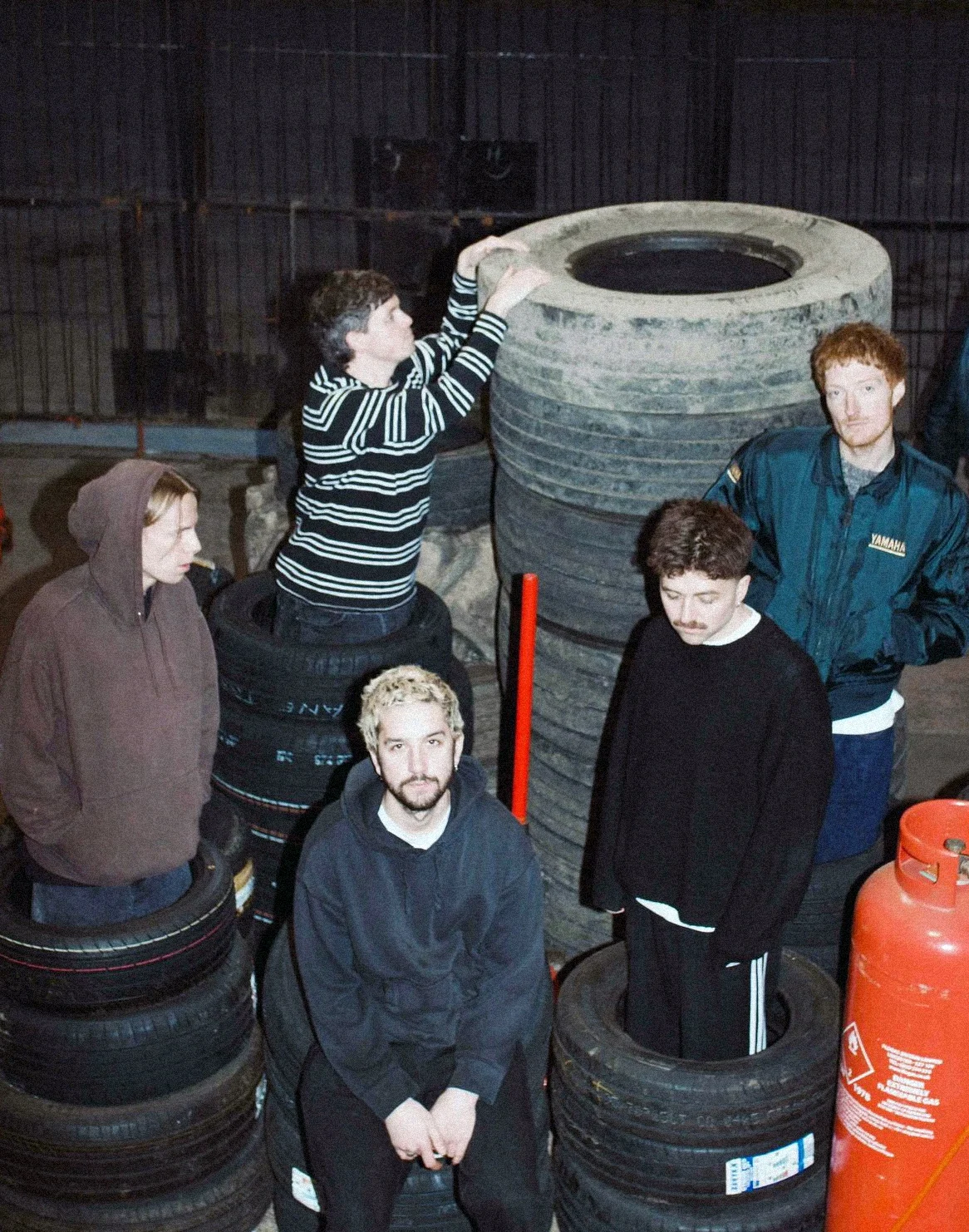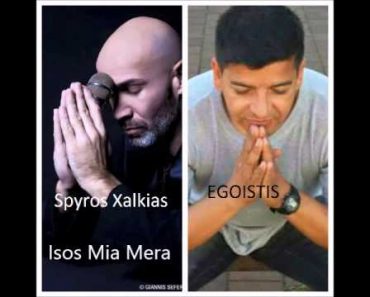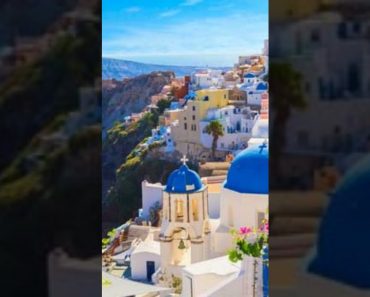At the 2025 Met Gala, Greek mythology made a striking return not through togas or laurel crowns, but through the poetic symbolism of a flower. Artist Cy Gavin, whose daffodil-inspired painting “Untitled (Sky)” shaped the event’s visual identity, drew upon the myth of Narcissus to inform the night’s atmosphere.
The midnight blue carpet, dotted with narcissus blooms, echoed the moment Narcissus first glimpses his reflection. It’s a powerful metaphor for both identity and self-recognition. Projected onto the ceiling of the Temple of Dendur and reimagined in floral installations climbing toward the heavens, the narcissus motif became a celestial tribute to introspection and transformation.
This subtle yet profound invocation of Greek myth imbued the evening with a deeper layer of meaning, especially in the context of this year’s theme, “Superfine: Tailoring Black Style.” Narcissus’s story, often interpreted as a cautionary tale of vanity, was reframed by Gavin as a meditation on clarity of self in a world full of imposed identities.
This reinterpretation aligned seamlessly with the exhibition’s exploration of self-presentation, making mythology not just a decorative reference but a thematic through-line. In doing so, the 2025 Met Gala proved that ancient myths still have a place on fashion’s most forward-thinking stage.
A Fitting Tribute in an Era of Ancient Greek Interest

Embracing Greek mythology through Cy Gavin’s work on a stage as significant as the Met Gala, often described as “fashion’s biggest night out”, speaks to a broader cultural resurgence of ancient myths across entertainment and pop culture. In recent years, Greek mythology has experienced a renaissance, with creators across mediums reinterpreting its timeless themes for contemporary audiences.
Netflix’s Kaos, for example, featured Hollywood megastar Jeff Goldblum as a modern-day Zeus. Meanwhile, in theatre, a variety of mythical retellings have emerged over the last couple of years, from The Burnt City by immersive theatre group Punchdrunk, to Sophie Okonedo’s electrifying turn in Medea.
Elsewhere, musicians like Hozier have drawn on the tragic poetry of Icarus and Orpheus to craft modern ballads of longing and loss. Even online bingo UK games like Age of the Gods Bingo have brought the deities Zeus, Hades, Athena and Aries to life in new ways. It has joined the similarly themed slot games Waves of Poseidon and Triton Cash Spree as one of the most popular iGaming titles.
This fascination has also spurred a literary boom. Feminist retellings from authors like Madeline Miller and Jennifer Saint have dominated the bestseller lists. Millers’ The Song of Achilles, for example, reinterprets the Trojan War through the romance of Achilles and Patroclus.
Furthermore, the myth of Narcissus, central to Gavin’s Met Gala motif, has become more than a tale of vanity. It now speaks to identity and perception, themes deeply relevant in today’s social media age. As fashion designers, novelists, musicians, and filmmakers continue to mine mythology for inspiration, the Met Gala’s nod to Narcissus is less a throwback and more a reflection of our ongoing dialogue with these ancient, ever-evolving stories.
Old Tales Offering a Lens on the Modern World
Greek mythology’s presence at the 2025 Met Gala wasn’t just a visual flourish; it was a testament to the enduring relevance of ancient stories in our modern world. From fashion and literature to TV and gaming, these myths continue to evolve, offering fresh ways to explore identity, society, and the human condition.



1754469847-370x297.jpg)


